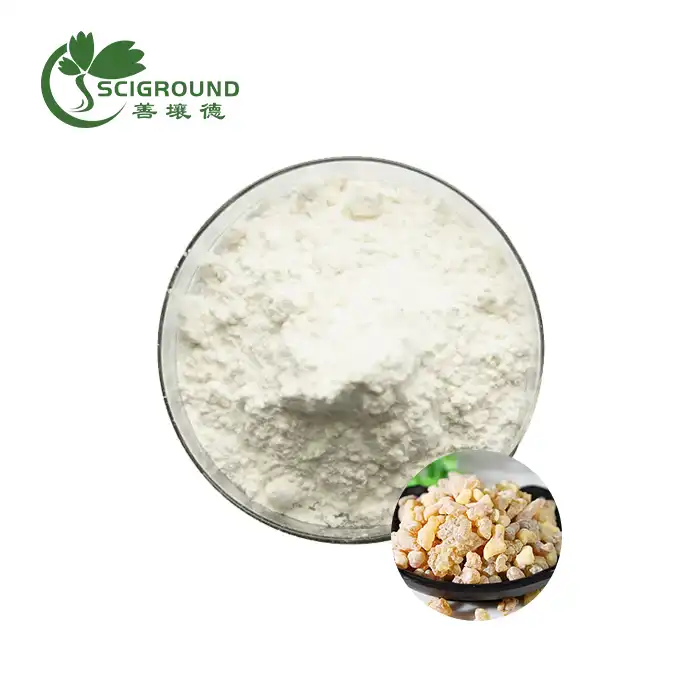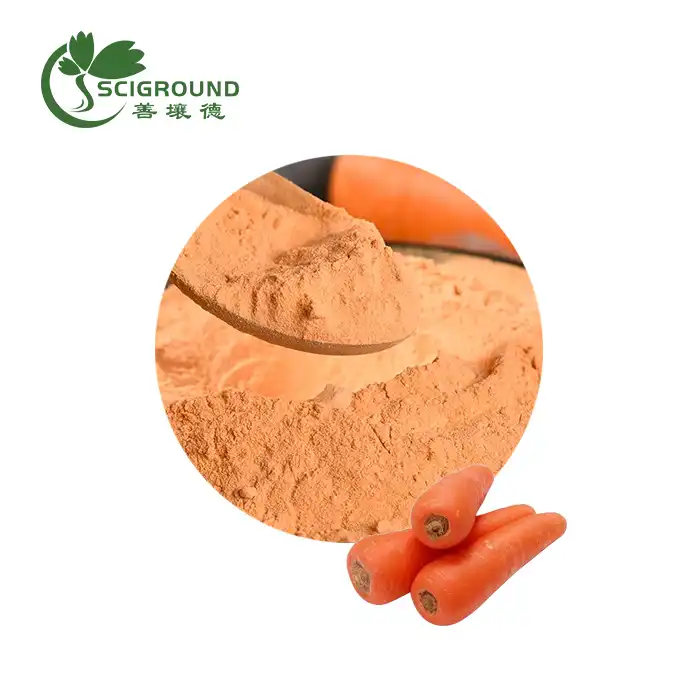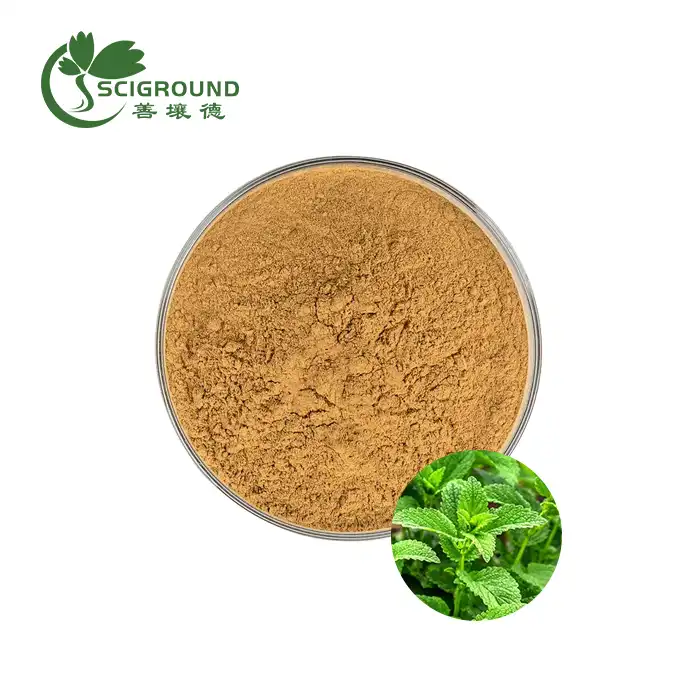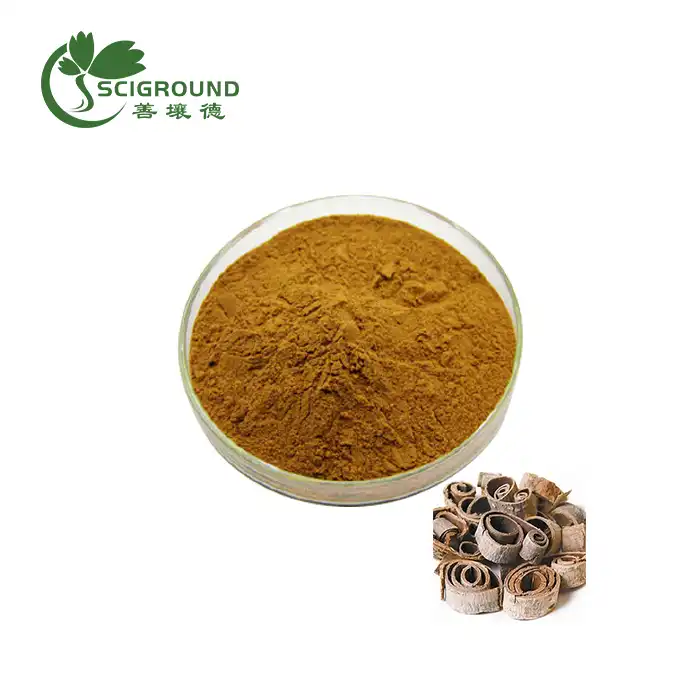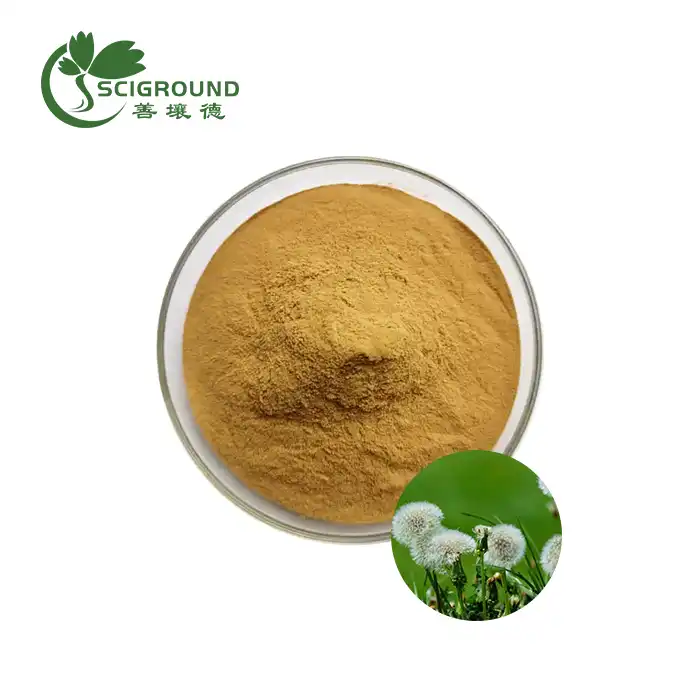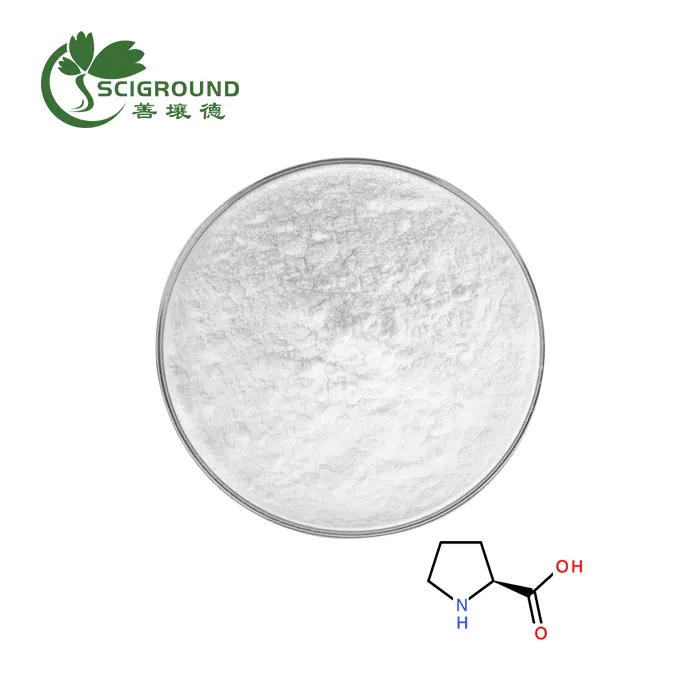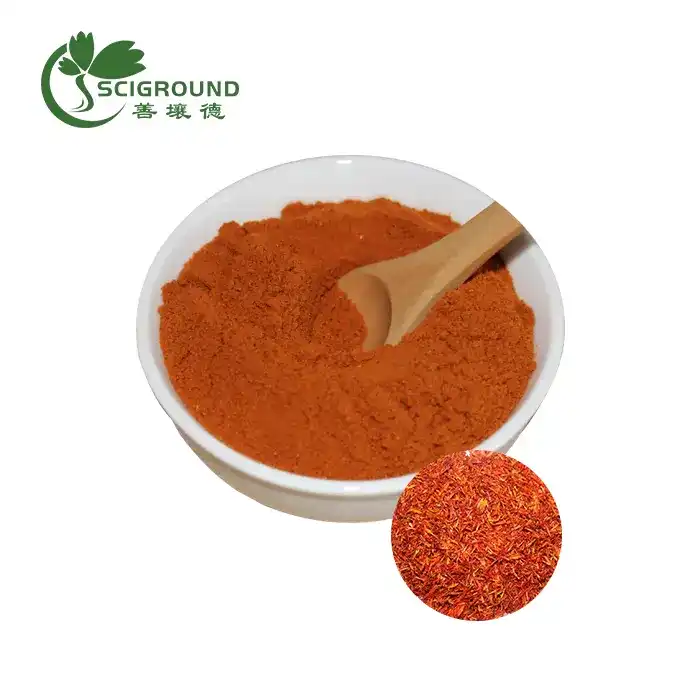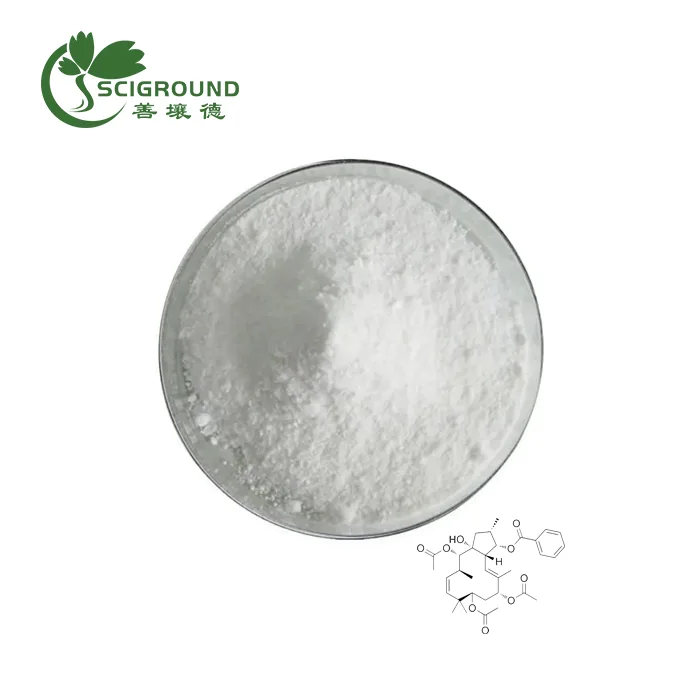What is Soybean Seed Extract
Soybean seed extract, derived from the humble soybean (Glycine max), has gained attention in recent years for its potential health benefits. This extract is rich in bioactive compounds, showcasing a myriad of properties that contribute to its therapeutic potential. In this blog post, we will delve into the components of soybean seed supplements and explore the various ways they may positively impact health.
Composition:
Soybean extract is a concentrated form of bioactive compounds obtained from soybeans. The primary constituents include phytochemicals such as isoflavones, saponins, phytosterols, and antioxidants. Isoflavones, particularly genistein and daidzein, are known for their estrogen-like effects, which may offer various health benefits. These compounds have been studied for their potential in managing conditions such as cardiovascular diseases, osteoporosis, and menopausal symptoms.
Health Benefits:
Cardiovascular Health:
Research suggests that it may contribute to cardiovascular health by positively influencing lipid profiles. The presence of phytosterols is believed to reduce cholesterol absorption, potentially lowering blood cholesterol levels and promoting heart health.
Bone Health:
The isoflavones in soybean extract, particularly genistein, have been studied for their potential role in supporting bone health. Some studies propose that these compounds may help prevent bone loss and improve bone density, making soybean seed powder a potential ally in the fight against osteoporosis.
Menopausal Symptom Relief:
The estrogen-like effects of isoflavones have led to investigations into their role in alleviating menopausal symptoms. It is considered a source of natural phytoestrogens, and some studies suggest that it may help manage hot flashes and other menopausal discomforts.
Antioxidant Properties:
Soybean seed supplement contains antioxidants that help combat oxidative stress in the body. Antioxidants play a crucial role in neutralizing free radicals, which are implicated in various chronic diseases and the aging process.
While it holds promise for promoting health and preventing certain conditions, it's important to note that research in this field is ongoing. As with any supplement or natural remedy, individual responses may vary, and consulting with a healthcare professional is advisable, especially for those with pre-existing conditions or taking medications.
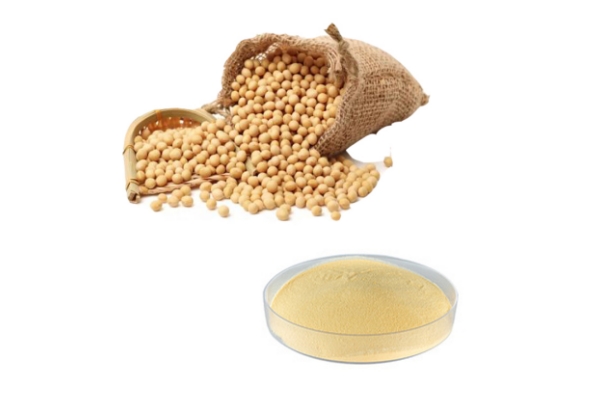
What are its side effects?
While soybean seed extract is generally considered safe for most individuals when consumed in moderate amounts, it's important to be aware of potential side effects, especially in certain populations.
Allergic Reactions: Some individuals may be allergic to soy or soy products. Allergic reactions can manifest as skin rashes, itching, swelling, or more severe symptoms such as difficulty breathing. Individuals with soy allergies should avoid soybean powder.
Hormonal Effects: Due to the presence of isoflavones, it may exert estrogen-like effects. While this can be beneficial for managing menopausal symptoms in some individuals, those with hormone-sensitive conditions, such as certain types of breast cancer, should exercise caution and consult with a healthcare professional.
Digestive Issues: Soybeans contain compounds that can interfere with nutrient absorption, and some individuals may experience digestive discomfort such as bloating or gas after consuming soy or soy products.
Thyroid Function: There is some concern that soy may affect thyroid function, particularly in individuals with hypothyroidism. Soy contains goitrogens, which can interfere with iodine absorption and thyroid hormone production. Individuals with thyroid conditions should discuss soy consumption with their healthcare provider.
As with any supplement, it's crucial to approach soybean powder with moderation and to seek guidance from a healthcare professional, especially for those with pre-existing health conditions or concerns about potential interactions. Monitoring for any adverse reactions and discontinuing use if side effects occur is advisable.
Is soybean seed extract a protein?
Yes, it contains a notable amount of protein, making it a valuable plant-based protein source. The protein content in it is primarily attributed to its composition of soy proteins, which are considered complete proteins.
Complete proteins contain all the essential amino acids required by the human body, making them comparable to proteins from animal sources. Soy protein, found in soybean seed extract, is particularly significant for individuals following vegetarian or vegan diets, as it provides a comprehensive amino acid profile.
Soy protein is renowned for its various health benefits, including its potential role in supporting muscle growth, maintaining bone health, and promoting cardiovascular well-being. It is also a common ingredient in many plant-based protein supplements and meat substitutes.
For those with dietary restrictions or those looking to diversify their protein sources, soybean seed powder can be a valuable addition to the diet. However, individuals with soy allergies or specific dietary concerns should exercise caution and consult with a healthcare professional or a registered dietitian before incorporating soybean seed supplement or other soy products into their diet.
Is it pore clogging?
No, soybean seed extract is non-comedogenic, which means it does not clog the pores. This makes it suitable for use in skincare products, particularly for individuals with oily or acne-prone skin. It is known for its ability to hydrate the skin and provide a range of nutrients without causing pore blockage or breakouts.
At Sciground, we understand the importance of natural and scientifically-backed ingredients in skin care. Our soybean seed powder is carefully sourced and processed to ensure its purity and efficacy. If you have any questions or would like to learn more about our products, please feel free to contact us at info@scigroundbio.com. We are here to help!
Welcome to contact us at info@scigroundbio.com and explore the wonderful world of soybean seed extract!
References:
Messina, M., & Messina, V. (2010). The role of soy in vegetarian diets. Nutrients, 2(8), 855–888.
Setchell, K. D., & Cassidy, A. (1999). Dietary isoflavones: biological effects and relevance to human health. Journal of Nutrition, 129(3), 758S–767S.
Taku, K., Melby, M. K., Nishi, N., Omori, T., & Kurzer, M. S. (2012). Soy isoflavones for osteoporosis: an evidence-based approach. Maturitas, 71(3), 200–206.
Anderson, J. W., & Bush, H. M. (2011). Soy protein effects on serum lipoproteins: a quality assessment and meta-analysis of randomized, controlled studies. Journal of the American College of Nutrition, 30(2), 79–91.
Related Industry Knowledge
- What is Oat Beta Glucan?
- What is Mogroside Monk Fruit?
- Is it better to take inositol powder or capsules?
- Can I Boil Mulberry Leaves and Drink It?
- Is There a Pure Stevia Product
- Is hydrolyzed wheat protein good for skin?
- What are the Pros and Cons of Vitamin D3
- Acacia Fiber vs Inulin
- How much vitamin b6 to increase progesterone
- Embracing the Emotional Journey with Pumpkin Seed Extract Powder
